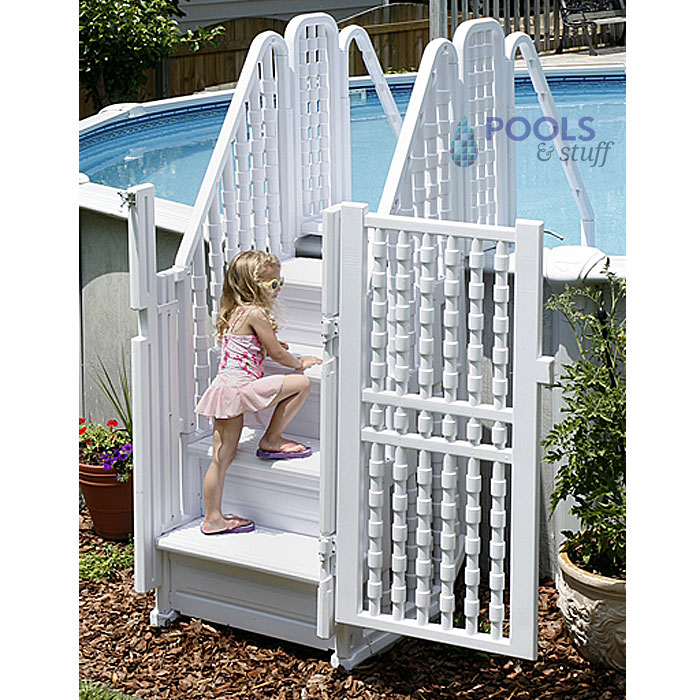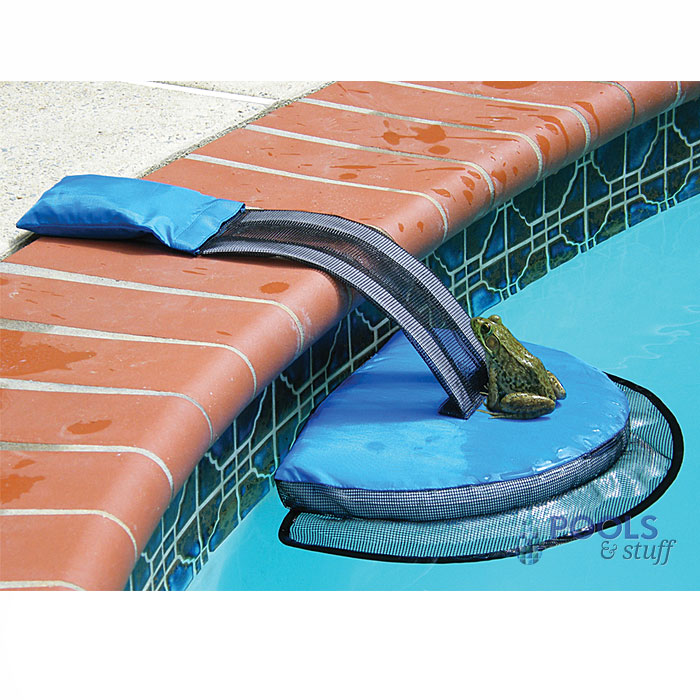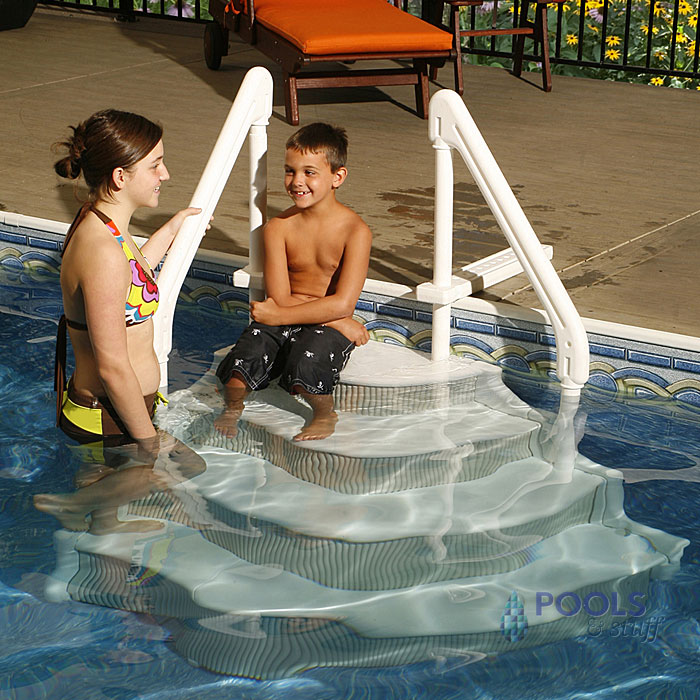It's coming--the time for getting back into the pool is just around the corner! But humans aren't the only ones that end up in the water when the pool covers come off. Wildlife often end up in the pool as well. From ducks to alligators to the neighbor's dog, your pool can easily become a local watering hole for critters in your area. Unless your dream is to discover a new species of frog, you probably want to keep animals out of the pool.
The Dangers of Animals in Swimming Pools
The primary reason why wildlife and pools are a bad combo is simply because the animals could drown. Squirrels and possums are famous for falling into the water and perishing when they can't escape. Not only is this a sad loss of life, the organic matter introduced into the chlorinated water can produce a toxic gas, introduce nasty bacteria into the water, and pollute the pool's filtration system.
And if the animal doesn't perish, then you have a really angry possum in the water. Not really great for swimming with the kids.
Also remember that if these animals can get into the pool, there's a very good chance small children can get in as well. A pool secured from wildlife is safer for children, too.
Keep Wildlife Out of Your Pool
Luckily, there are steps you can take to keep critters out. In general, it's easier to keep them out of above-ground pools, but you'll still want to take measures to secure the pool.
Build a Fence -- In many places, there are regulations requiring pools to be fenced and gated, but even if you aren't required to have them they are a good idea. They'll keep bigger animals and kids from falling in.
Have an Access Ladder/Gate -- For above-ground pools, install a ladder with a lockable gate to prevent little furry things from using the steps to access the pool. We carry an attractive one here.
Invest in an Escape Ramp -- Sometimes all these wayward critters need is a little help out of the pool. Providing an escape ramp could be a lifesaver. There are lots of models available out there, and they are quite affordable. We like this one, perfect for smaller animals like lizards and squirrels:
And Now Some Cute Animal Videos
We certainly don't recommend having animals in your pool, but sometimes it can be funny to watch wildlife enjoy the luxury of a dip in the pool. Here are some cute videos of animals enjoying human swimming pools. Enjoy!
















